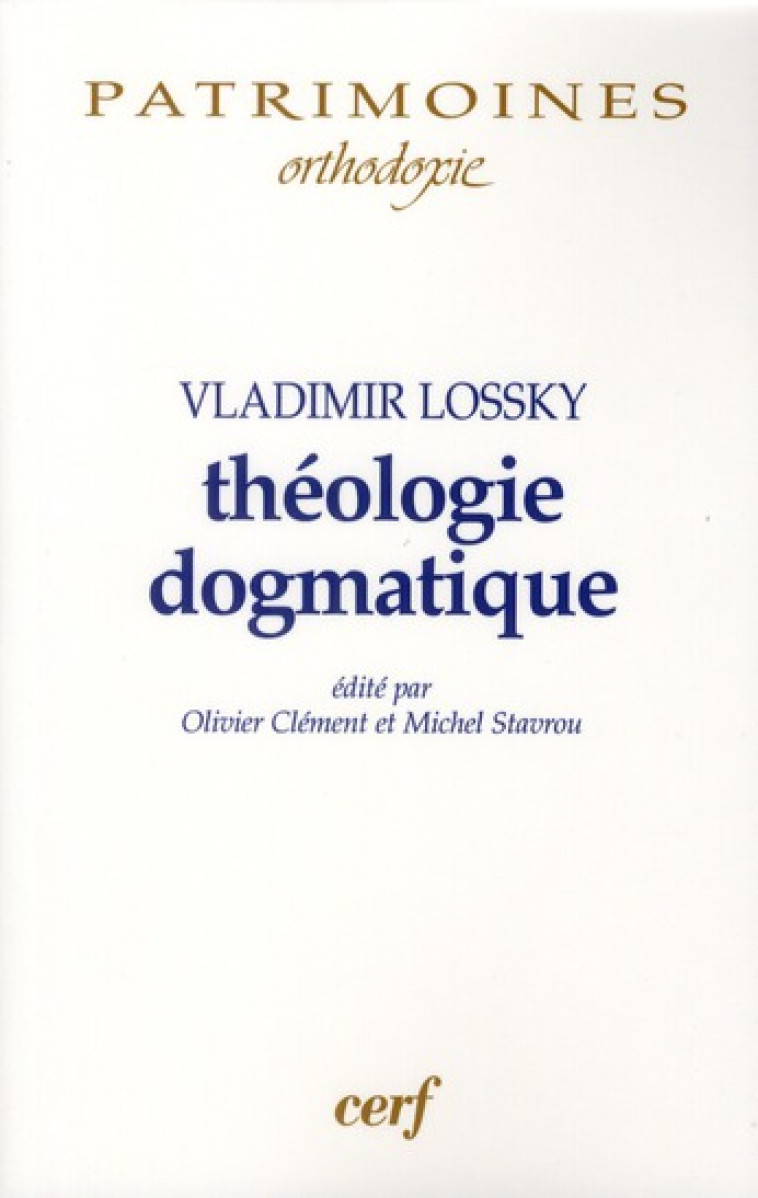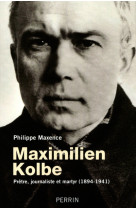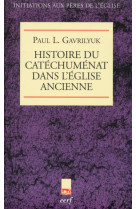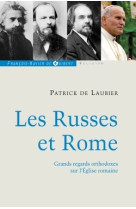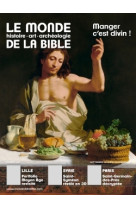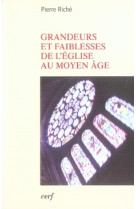Theologie dogmatique
Nicolas lossky
« Théologie dogmatique » est l'édition augmentée du cours que dispensa Vladimir Lossky à Paris entre 1954 et 1958, sur la base des notes de son disciple Olivier Clément. Revues par l'auteur, elles ont été classées et enrichies des références patristiques par Michel Stavrou. Dans la lignée de son célèbre « Essai sur la théologie mystique de l'Église d'Orient », Vladimir Lossky propose une synthèse claire et accessible de la doctrine chrétienne, en s'appuyant sur la pensée vivante des Pères de l'Église. Après une introduction sur le sens de la Révélation et la signification de la théologie, il présente avec profondeur les grandes vérités de la foi concernant le dogme trinitaire, le sens de la création, l'anthropologie chrétienne, le Christ vrai Dieu et vrai homme, l'oeuvre du Saint-Esprit et le mystère de l'Église. Ce faisant, il dialogue sur des thèmes de première importance, comme la théologie trinitaire, non seulement avec le père Serge Boulgakov, représentant de la philosophie religieuse russe, mais aussi avec les auteurs chrétiens occidentaux médiévaux et contemporains. La dimension universelle de sa démarche fait du présent ouvrage une synthèse toujours actuelle pour le christianisme du XXIe siècle.
--
‘Théologie dogmatique' is an augmented edition of the teachings Vladimir Lossky gave in Paris between 1954 and 1958, based on the notes of his disciple Olivier Clément. These were revised by the author and have been classified and enriched with patristic references by Michel Stavrou. Vladimir Lossky proposes a clear and accessible synthesis of the Christian doctrine, in the same vein as his famous Essai sur la théologie mystique de l'Église d'Orient, and based on the living thoughts of the Church Fathers. After an introduction on the meaning of Revelation and the importance of theology, he gives an in-depth presentation of the great truths of the faith: the Trinitarian dogma, the meaning of the Creation, Christian anthropology, Jesus Christ as true God and true man, the work of the Holy Spirit and the mystery of the Church. In the process, he dialogues on themes of supreme importance, such as Trinitarian theology, with not only Father Serge Boulgakov, who represented Orthodox Russian religious philosophy, but also with western Christian authors, both medieval and contemporary. The universal dimension of his approach ensures that the present volume remains topical with regard to 21st-century Christianity.

